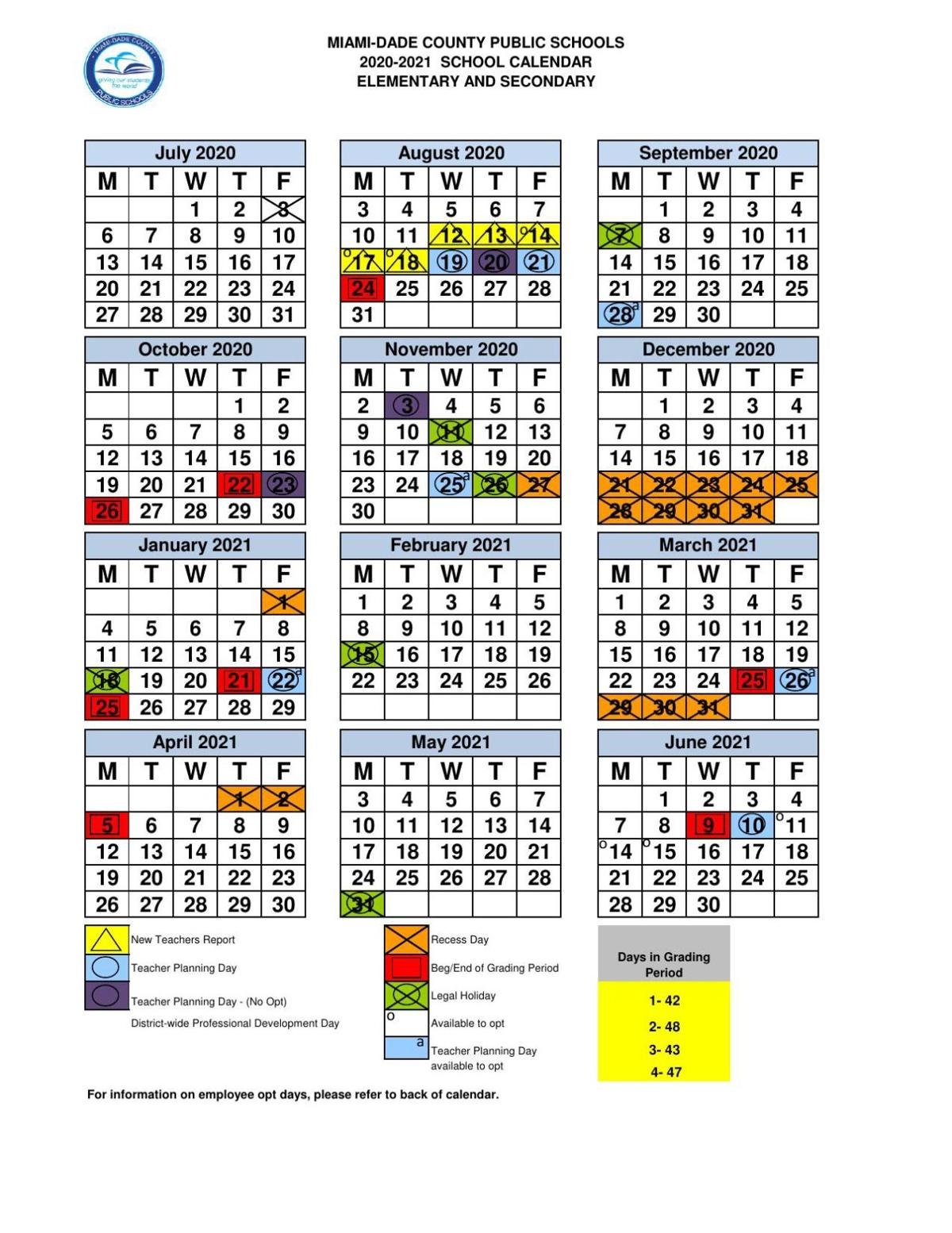UF Semester Schedule: Plan Your Academic Journey Efficiently

Navigating the University of Florida’s Semester Schedule: A Comprehensive Guide
The University of Florida (UF) operates on a semester system, dividing the academic year into fall, spring, and summer terms. Each semester offers unique opportunities and challenges, making it crucial for students to plan their academic journey efficiently. Whether you’re a freshman or a senior, understanding UF’s semester schedule is key to balancing coursework, extracurriculars, and personal goals. This guide breaks down the essentials, provides expert tips, and offers actionable strategies to optimize your time at UF.
Understanding UF’s Semester Structure
UF’s academic calendar is designed to provide flexibility while maintaining rigor. Here’s a breakdown of the typical semester timeline:
- Fall Semester: Begins in late August and ends in December, with a week-long Thanksgiving break.
- Spring Semester: Starts in early January and concludes in late April, with a spring break in March.
- Summer Terms: Divided into A, B, and C sessions, each lasting 4-8 weeks, offering accelerated coursework.
Strategic Course Planning: A Step-by-Step Approach
Efficient planning is the cornerstone of a successful academic journey. Here’s how to approach it:
- Assess Your Goals: Align your course selection with your major requirements, career aspirations, and personal interests.
- Utilize Degree Audit: UF’s Degree Audit tool helps track completed and pending requirements.
- Prioritize Core Classes: Take foundational courses early to avoid bottlenecks in later semesters.
- Balance Workload: Mix challenging courses with electives to maintain a manageable schedule.
Maximizing Summer Terms
Summer sessions at UF are often overlooked but offer significant advantages:
- Accelerated Learning: Complete a full course in half the time.
- Flexibility: Ideal for working students or those catching up on credits.
- Smaller Class Sizes: Enhanced interaction with professors.
Tools and Resources for Success
UF provides a suite of resources to support your academic planning:
- ONE.UF Portal: Access registration, financial aid, and academic records.
- Advising Services: Meet with advisors to discuss course selection and degree progress.
- Syllabus Archive: Preview course expectations before enrolling.
Balancing Academics and Extracurriculars
A well-rounded college experience extends beyond the classroom. Here’s how to strike a balance:
- Time Blocking: Allocate specific hours for studying, clubs, and leisure.
- Prioritize Self-Care: Regular exercise, sleep, and healthy eating boost productivity.
- Leverage Campus Resources: Utilize UF’s libraries, tutoring services, and wellness programs.
“Success is not about doing more, but about doing what matters most,” – UF Alumni Magazine.
Common Pitfalls to Avoid
Even the most organized students can stumble. Here are pitfalls to watch for:
- Overloading: Taking too many credits can lead to burnout.
- Procrastinating Registration: Popular courses fill up quickly.
- Ignoring Prerequisites: Failing to meet prerequisites can delay graduation.
Future Trends: The Evolving UF Academic Landscape
UF is continually innovating to meet student needs. Upcoming changes include:
- Expanded Online Offerings: More courses will be available in hybrid or fully online formats.
- Interdisciplinary Programs: New majors and minors blending traditional fields.
- AI-Powered Advising: Tools to predict academic performance and recommend courses.
FAQ Section
When does UF’s fall semester registration open?
+Registration typically opens in April, with specific dates based on class level.
Can I take courses during winter break?
+UF does not offer winter courses, but online options from other institutions may be available.
How many credits should I take per semester?
+Most students take 12-15 credits, but consult your advisor for personalized guidance.
What if a required course is full?
+Join the waitlist or explore alternative sections or semesters.
Conclusion: Your Path to Academic Excellence
Mastering UF’s semester schedule is more than just enrolling in courses—it’s about crafting a balanced, purposeful academic journey. By leveraging resources, planning strategically, and staying adaptable, you can make the most of your time at UF. Remember, every semester is a step toward your goals, so approach it with intention and enthusiasm. Go Gators!
Related Terms:
- uf calendar 23-24
- uf academic calendar 2025-26
- Uf schedule 2025
- UF Summer B 2025
- UF football schedule
- Uf semester schedule 2021


